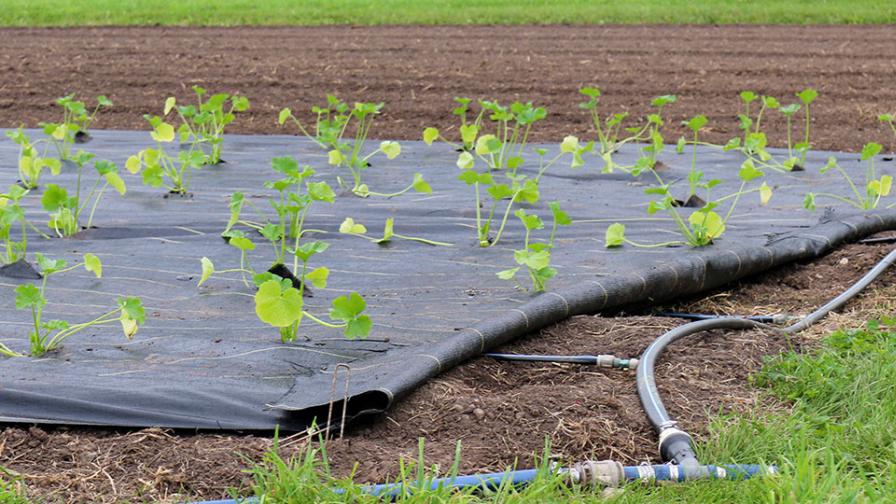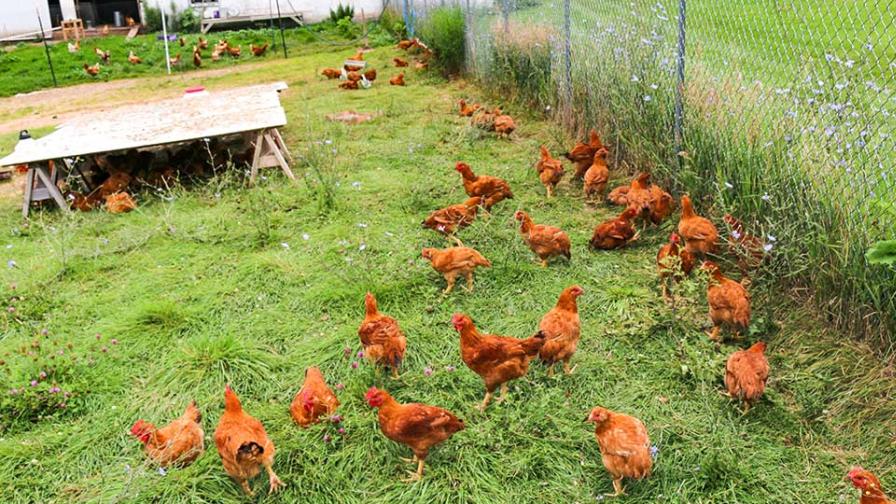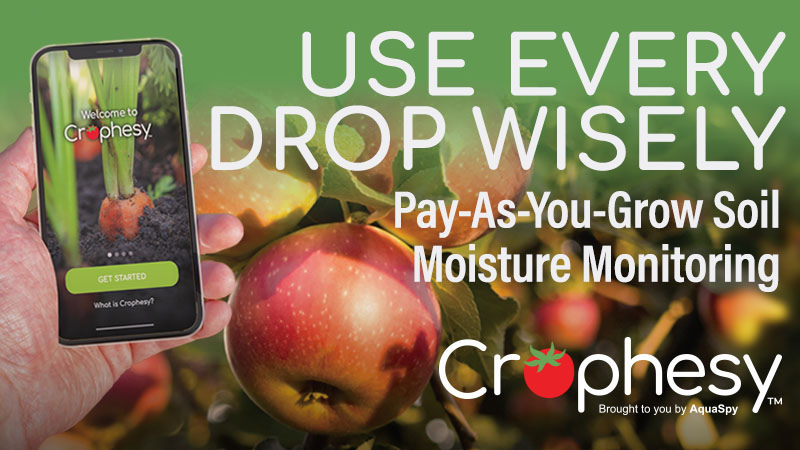Impossible Thinking Can Yield Positive Results on the Farm
In 1939, A university student named George Dantzig was running late for his math lecture. He had to hustle to get to school on time. He didn’t quite make it, slipping into the classroom after the professor had already written the homework assignment on the chalkboard. He copied the two formulas down and settled into the lesson.
That night, he struggled a bit with the assignment, but persevered and worked out the solutions to both. At the end of the next class, he turned in his assignment on the way out the door.
His professor called him later, amazed. Those homework formulas? They were two famous unsolvable statistics problems, which the lecturer talked to the class about before Dantzig slunk into his chair.
This “Good Will Hunting” real-life story illustrates how much power there is in approaching a problem with the assumption it can be solved.
Good Will Hunting and Farming
I thought about this anecdote when I was walking with Robyn Calvey around her small organic farm, Park Ridge Organics, this past summer.
She has less than 10 acres in production at any given time but is able to support herself and three full-time employees.
Most farms of that size employ only the owner and his or her immediate family members. And the employer has a day job to make ends meet.
Calvey’s ability to leverage her farm to pay her bills, her employees, and invest back into the business is considered an impossibility by many. But Calvey never saw it that way and so began operating as if producing on only 6-acres can fully support itself.
Makes you wonder what other “impossible” problems we can solve if we just forget they’re impossible.
Let’s be clear. There is no magical thinking going on here. George Dantzig was already a talented mathematician. And Calvey took business courses so she could manage her farm with skill, not just hope from season to season she could sell enough for the farm to survive. A ton of small, intelligent decisions took place for the finances to work for her.
But an underlying assumption that this problem can be solved means you tackle it like any other. If the numbers don’t pencil out the way they need, you go back in and rework the expenses to find a way to make them work.
If you assume it can’t be done, you don’t keep at it until it works. And that is the adverse power of thinking something is impossible. I’d much rather embrace a “it can be done” attitude, wouldn’t you?
Oh, One More Thing
In this month’s cover story on Robyn Calvey and Park Ridge Organics, I couldn’t cover everything the farm does. Here are a couple more ideas:
Landscape Cloth Instead of Mulch

Although landscape cloth costs more than plastic mulch, Calvey prefers it. It’s tougher (so reusable), for one. It’s also permeable enough to allow rain to seep through to the soil.
Side Hustle

Park Ridge Organics offers its members chicken. The space needed to raise the chickens is fairly small, but spacious by bird standards. An extra bonus? Eggs.










